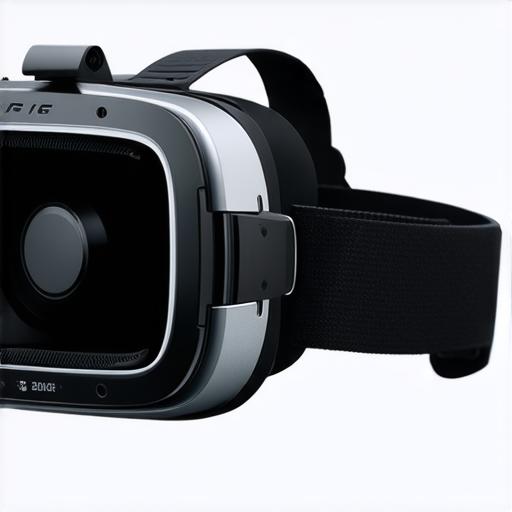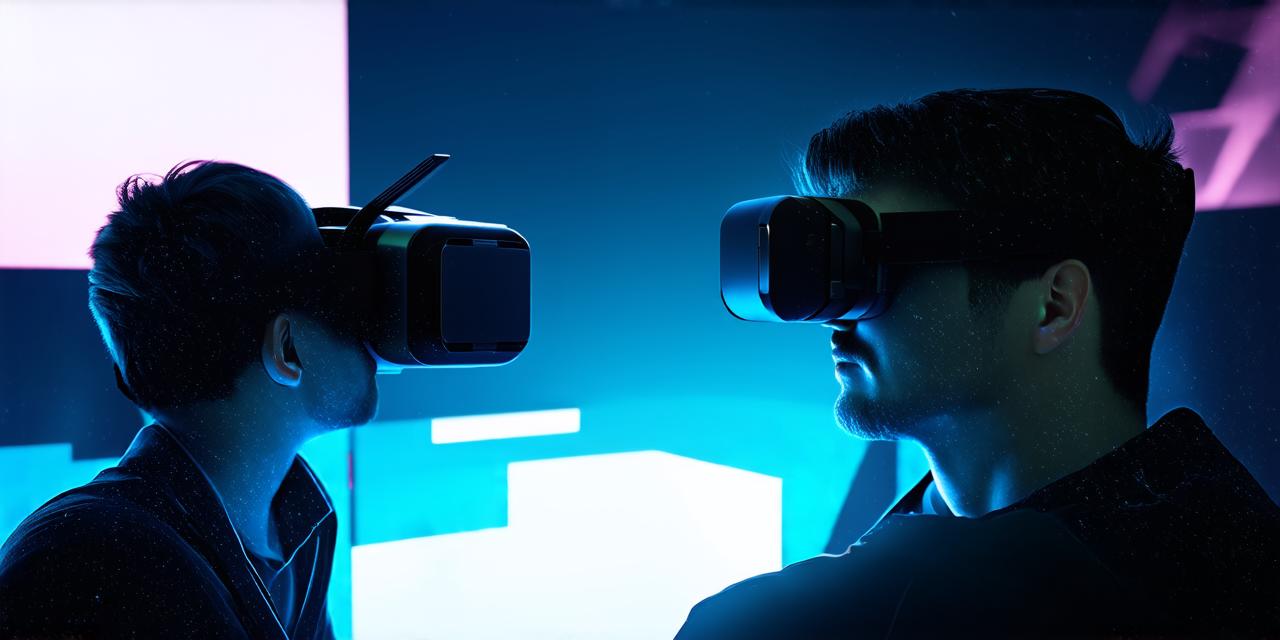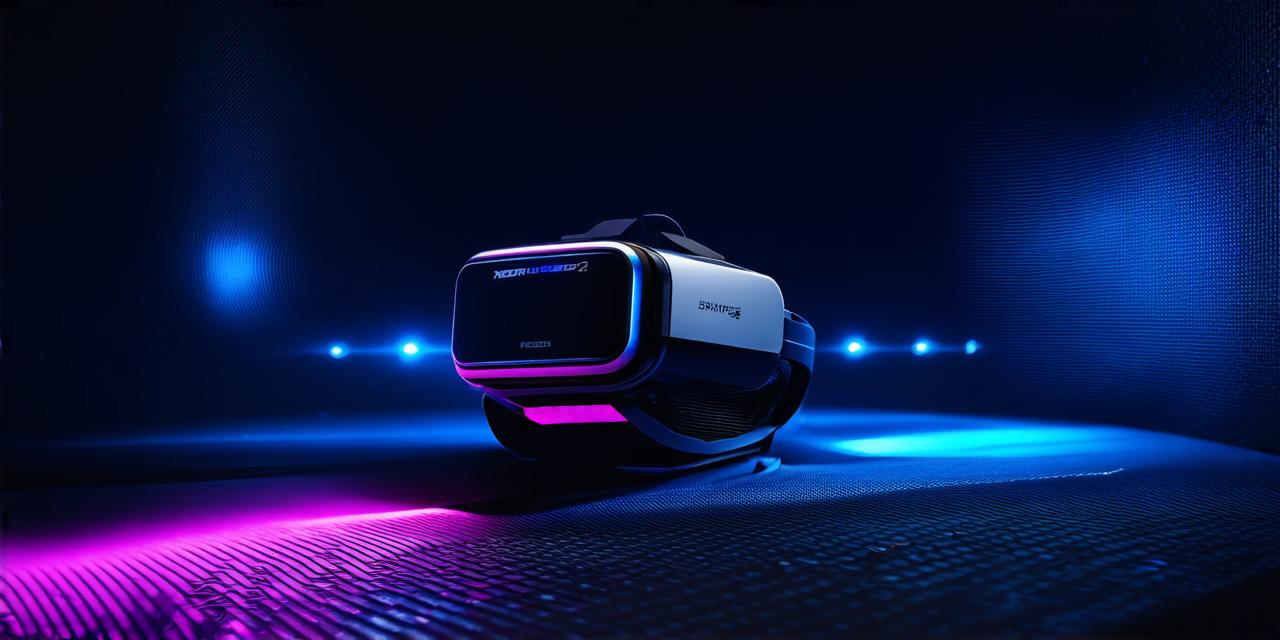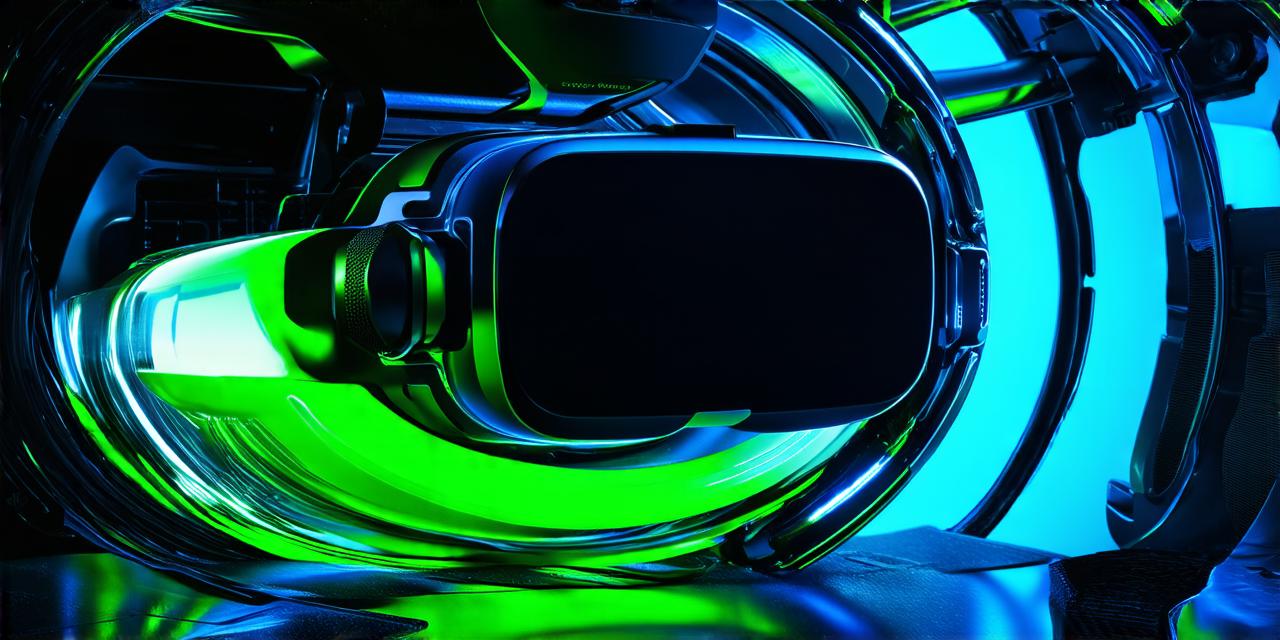When choosing a VR headset, there are several factors to consider:
1. Price
Price is also an important factor to consider when choosing a VR headset. The cost of the device can impact its overall value and affordability for developers. Some factors to consider when evaluating price include:
- Entry-level vs. high-end: There are many VR headsets available at different price points, ranging from entry-level to high-end. Consider your budget and what features you need before making a decision.
- Brand reputation: Some brands may be more expensive but have a better reputation for quality and reliability. Consider the brand when evaluating price.
- Bundled accessories: Some VR headsets come with bundled accessories, such as hand controllers or motion sensors, which can add to the overall value of the device. Consider whether these accessories are necessary for your needs.
2. Compatibility with Games and Software
Compatibility with games and software is also an important factor to consider when choosing a VR headset. Some VR headsets may be more compatible with certain games or software, which can impact the overall experience. Some factors to consider when evaluating compatibility include:
- Game compatibility: Consider whether the VR headset you are interested in is compatible with the games you want to play.
- Software compatibility: Consider whether the VR headset is compatible with any specific software or tools you need for your development project.
- Open vs. closed systems: Some VR headsets use open-source software, which allows for greater flexibility and customization, while others use closed-source software, which may be more limited in terms of what you can do with it.
3. Portability
Portability is also an important factor to consider when choosing a VR headset, especially if you need to transport the device or set it up in different locations. Some factors to consider when evaluating portability include:
- Weight and size: The weight and size of the VR headset can impact how easy it is to transport and set up. Look for a headset that is lightweight and compact.
- Power source: Consider whether you will need an external power source, such as a generator or battery pack, to use the VR headset in remote locations.
- Connectivity options: Consider the connectivity options available for the VR headset and how easy it is to set up and use in different locations.
4. Support and Maintenance
Support and maintenance are also important factors to consider when choosing a VR headset. The level of support and maintenance provided by the manufacturer can impact the overall value and reliability of the device. Some factors to consider when evaluating support and maintenance include:
- Warranty coverage: Look for a VR headset that comes with a warranty or guarantee, which can provide peace of mind and protect you from any defects or issues that may arise.
- Technical support: Consider the level of technical support provided by the manufacturer, such as phone or email support, online forums, or tutorials.
- Firmware updates: Look for a VR headset that receives regular firmware updates, which can improve performance and functionality over time.
5. Brand Reputation

Finally, brand reputation is an important factor to consider when choosing a VR headset. Some brands may have a better reputation for quality and reliability, which can impact the overall value of the device. Some factors to consider when evaluating brand reputation include:
- Reviews: Read reviews from other users to get an idea of the overall experience and any issues or problems they encountered with the VR headset.
- Awards and recognition: Look for awards or recognition from industry experts or publications, which can indicate that the VR headset is well-regarded.




